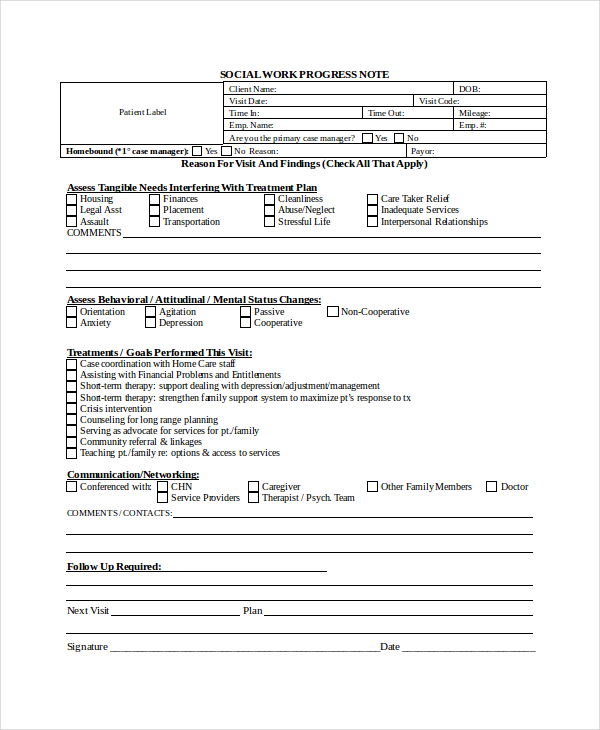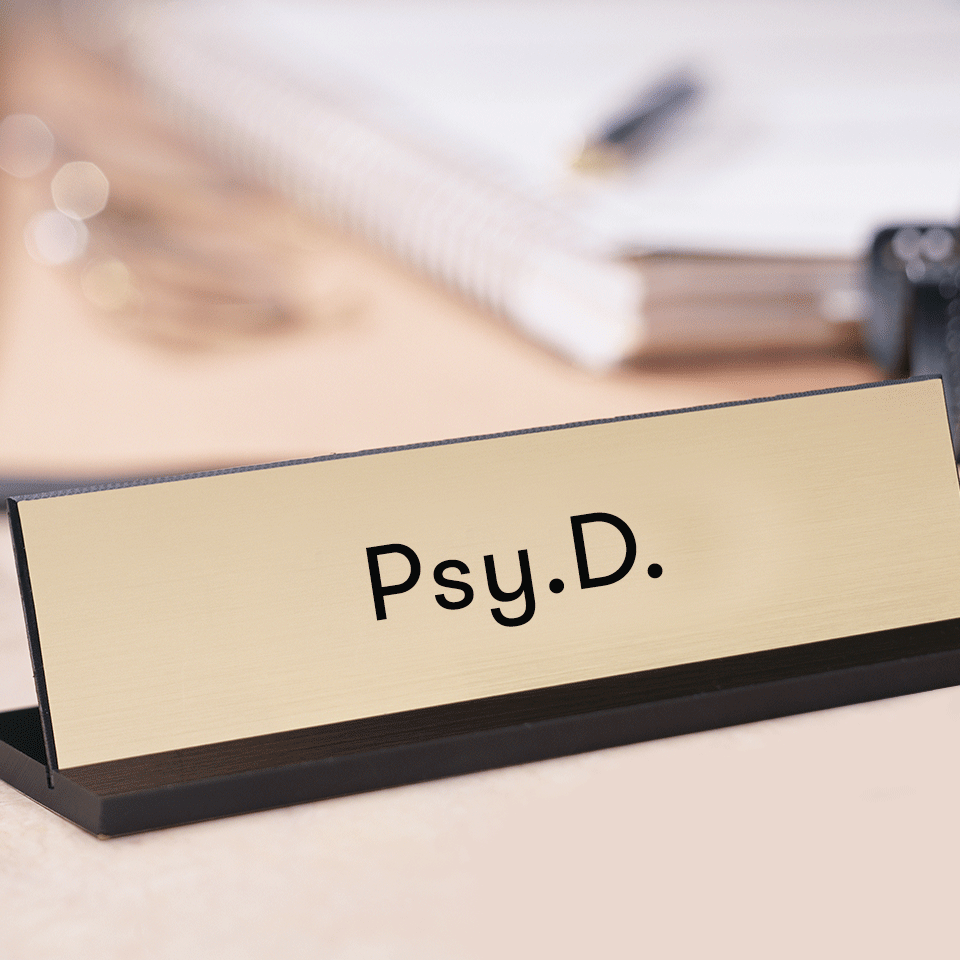Regular poor sleep puts you at threat of serious medical conditions, including weight problems, heart problem and diabetes and it reduces your life span. It's now clear that a solid night's sleep is necessary for a long and healthy life. The majority of us need around 8 hours of good-quality sleep a night to operate correctly but some require more and some less.
As a basic guideline, if you get up exhausted and invest the day yearning for an opportunity to have a nap, it's most likely that you're not getting sufficient sleep. A variety of elements can trigger poor sleep, consisting of health conditions such as sleep apnoea. However most of the times, it's due to bad sleeping habits.
Everybody's experienced the fatigue, short mood and lack of focus that typically follow a bad night's sleep. A periodic night without sleep makes you feel worn out and irritable the next day, but it won't damage your health. After several sleepless nights, the mental results become more major. Your brain will mist, making it challenging to focus and make choices.
Your threat of injury and accidents at house, work and on the roadway likewise increases. Discover out how to tell if you're too tired to drive. If it continues, lack of sleep can affect your overall health and make you vulnerable to serious medical conditions, such as obesity, cardiovascular disease, high blood pressure and diabetes.
Prolonged absence of sleep can interrupt your immune system, so you're less able to fend off bugs. Sleeping less may imply you put on weight! Studies have revealed that people who sleep less than 7 hours a day tend to get more weight and have a greater risk of becoming obese than those who get 7 hours of slumber.
10 Simple Techniques For How Does Substance Abuse Affect Your Mental Health
Given that a single sleep deprived night can make you irritable and moody the following day, it's not surprising that persistent sleep debt might lead to long-lasting mood conditions like depression and stress and anxiety - how did mental illness affect social reform. When individuals with stress and anxiety or anxiety were surveyed to determine their sleeping habits, it ended up that the majority of them slept https://paxtonzsmb290.wordpress.com/2021/04/02/10-easy-facts-about-which-of-the-following-is-most-strongly-associated-with-better-mental-health-described/ for less than 6 hours a night.

It appears that losing out on deep sleep may result in type 2 diabetes by changing the way the body procedures glucose, which the body utilizes for energy. Males and female who don't get adequate quality sleep have lower sex drives and less of an interest in sex, research study recommends. Guy who experience sleep apnoea a disorder in which breathing troubles lead to disturbed sleep also tend to have lower testosterone levels, which can lower libido.
Difficulty conceiving an infant has actually been declared as one of the impacts of sleep deprivation, in both men and ladies. Apparently, routine sleep interruptions can trigger difficulty developing by minimizing the secretion of reproductive hormonal agents. If you do not get sufficient sleep, there's just one method to compensate getting more sleep.
If you have actually had months of restricted sleep, you'll have built up a substantial sleep financial obligation, so expect healing to take a number of weeks. Beginning on a weekend, try to add on an additional hour or 2 of sleep a night. The way to do this is to go to bed when you're tired, and allow your body to wake you in the morning (no alarm clocks permitted!).
After a while, the amount of time you sleep will gradually reduce to a typical level. Don't depend on caffeine or energy drinks as a short-term pick-me-up. They may improve your energy and concentration briefly, but can disrupt your sleep patterns even further in the long term. Check out some typical energy stealers.
Indicators on In The United States Mental Health Problems Affect What Percentage You Need To Know
Joe Auer is the Editor for Mattress Clarity and has actually been discussing sleep professionally for over 4 years. As the bed in box market started to boom, Joe began Mattress Clearness as a platform to help customers navigate the mattress industry and ever since, he has personally tested over 100 bed mattress.
March 13, 2020 Keeping healthy sleep patterns is very important for both physical and mental health. It can likewise enhance efficiency and here general quality of life., desires clients to understand the importance of good sleep and how it supports your psychological health. Here are some often asked questions she answers for clients in her practice.
Adults aged 18-64 need about 7 to 9 hours of sleep per night. Poor sleep has several effect on our body and general health. It can result in weakened immunity, hypertension, cardiovascular disease and increased danger for weight problems. In terms of mental health, bad sleep can cause stress and anxiety, depressed state of mind, irritability and moodiness.
As a therapist, sleep is the very first thing I work on. In some cases patients who come in for stress and anxiety and depression are just not getting sufficient sleep. When they change their sleep routines, they typically report reduced anxiety and much better state of mind. check here The major symptoms of sleep deprivation consist of yawning and fatigue, which can happen after even just one night of poor sleep.
Sleep deprivation and fatigue sounds benign, but can actually be very unsafe. how does pain affect your mental health. Sleep deprivation can increase a patient's danger for motor automobile mishaps, journeys, and falls. Clients who experience tiredness that is not eliminated by a couple of nights of enough sleep ought to see a doctor to examine for underlying health concerns.
Everything about How Does Stress Affect Your Mental Health
Do not stress over cleansing, doing the dishes, or other household chores. It is best to simply sleep. For shift work, it is very important that you preserve a schedule and sleep when you are off (even if it is during the daytime). Consider blackout drapes so that your body is "deceived" a bit to drop off to sleep.
Darkness tells your brain to make melatonin, a hormonal agent produced in the brain's pineal gland. Melatonin affects sleep by sending out a signal to the brain that it is time for rest. Ensuring you have enough, restful sleep is the ultimate type of "self-care". Lots of people remain up a bit too late on their screens because they think that is their only "me time".
If you have difficulty sleeping, try taking a walk after supper, doing yoga or any exercise throughout the day, and engaging in mediation/breathing/sleep story apps. You might also wish to keep a "concern" log, where you jot down any concerns you have on paper, instead of stewing on your ideas all night.
Likewise creating a constant night time routine and bedtime, will help signify your body that it is time for bed. If you have chronic insomnia, talk to a psychological health expert and even your internal medication physician. We're here to help!.
Sleep may appear like a wild-goose chase. You could instead be addressing email, doing the meals, fixing the deck or decking the halls. But research study shows that you're most likely to prosper at your tasksand delight in higher well-beingif you get some severe shuteye. Naturally, it's challenging to sleep when you're feeling overwhelmed.
